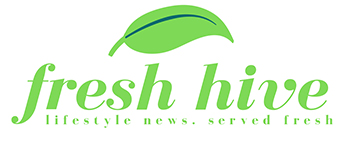Self-labeling protein tags such as SNAP-tag offer the opportunity to attach bright and photostable synthetic fluorophores to proteins of interest for later analysis, and are widely used in biochemistry. Scientists at the Max Planck Institute for Medical Research in Heidelberg have engineered a much improved version named SNAP-tag2 as well as optimized substrates for faster labeling in live cells.
The study is published in Nature Chemical Biology.
© 2024 FreshHive.ca - Lifestyle News. Served Fresh.



